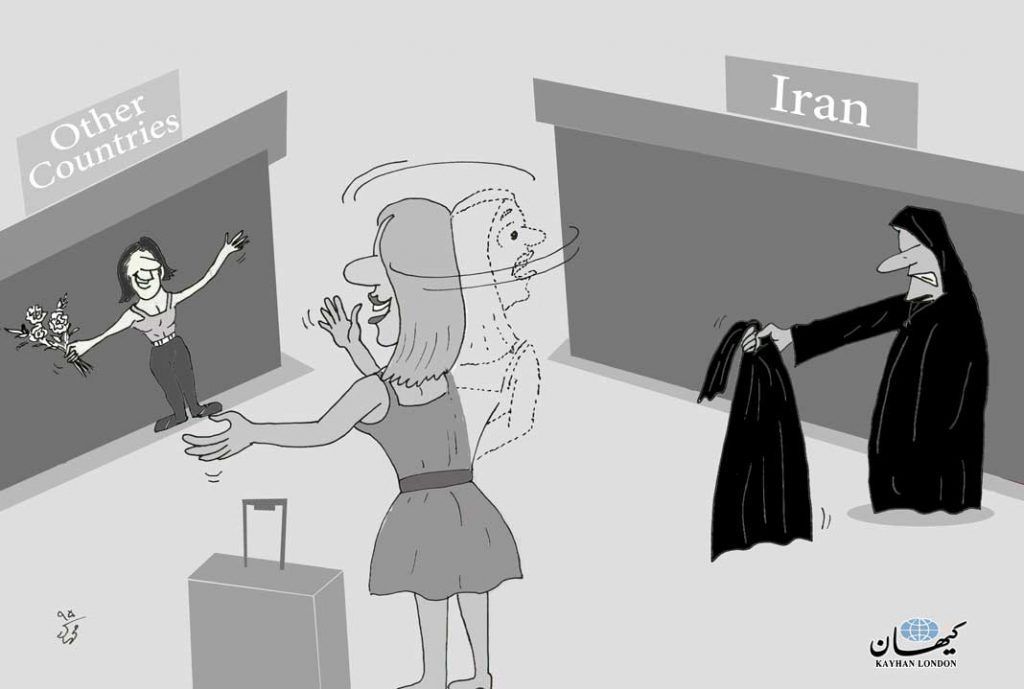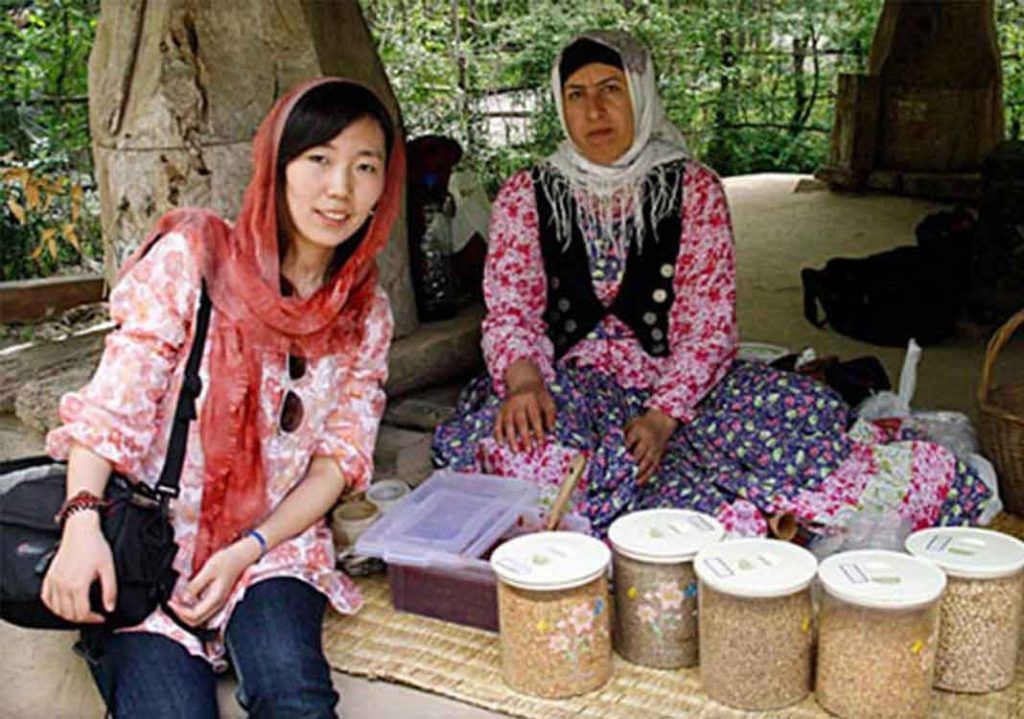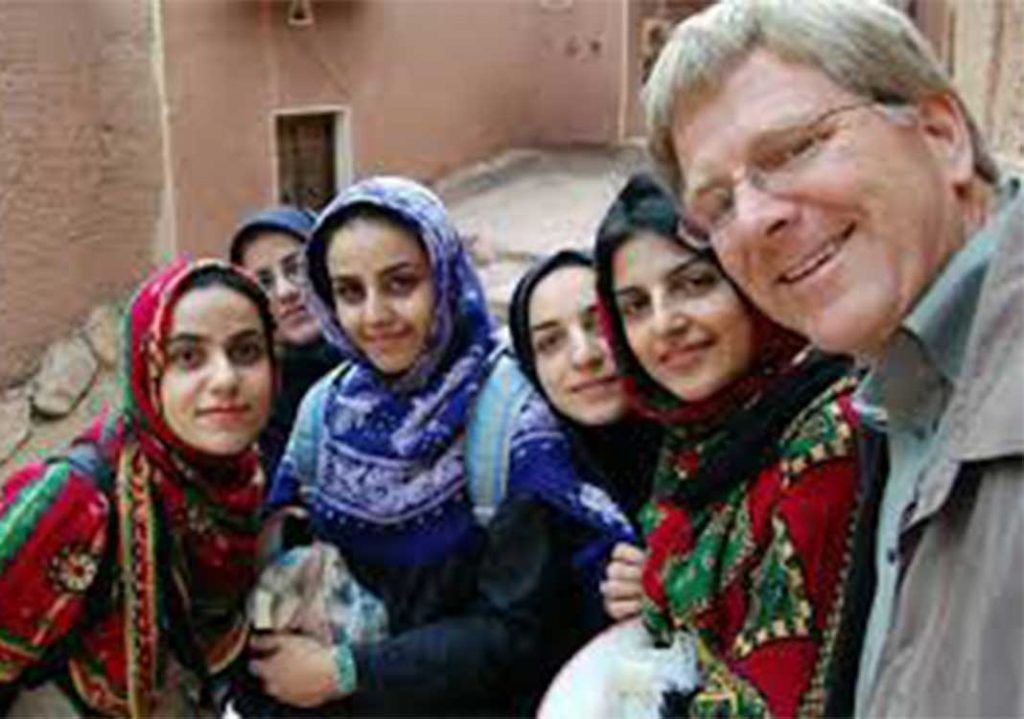February 15, 2017
By Roshanak Asteraki
A record number of 21 countries and 381 Iranian companies participated in the tenth Tehran International Tourism Exhibition (T.I.T.E), held at the capital’s International Permanent Fairground, from 6 to 9 February, 2017. According to Tehran International Trading & Exhibition Corporation (TITEX) that organized the event, the exhibition covered an area of 21,000 sqm.
The head of the Education and Research Committee of the Majlis (Iranian Parliament), Jabbar Kouchakinezhad, said, “ We plan to organize similar exhibitions around the world to showcase our domestic potential to attract foreign investment for our tourism industry.” Despite Kouchakinezhad’s upbeat view, the evidence indicates that Iran’s tourism is riddled with many problems, and exhibitions inside or outside the country will not rejuvenate the industry.
According to the World Tourism Organization (WTO), nearly 1.2bn tourists travelled globally in 2015 which marks a 4.4 percent growth in world tourism over the previous year. Iran had a small share of that market with 5.2m tourists visiting the country in 2015. Despite being among the top ten countries with the most attractive natural, cultural, and historic sites, Iran has been ranked 75 among the 150 countries listed by WTO as popular travel destinations. According to WTO, 260m people work in the tourism industry worldwide with the revenue for the sector accounting for nine percent of most countries’ gross domestic product (GDP).

Some industry experts believe that tourism in Iran suffers from a number of fundamental problems, most notably ill-equipped hotels that offer sub-standard services and accommodations to foreign visitors. In a conversation with Kayhan-London, an industry worker in the historic city of Isfahan, Saeed K, said, “Most of the so-called four and five star hotels in Iran do not operate at the same standards as hotels with the same rankings in other countries. Most of the complaints centre around slow or bad service and dirty rooms.”
A recent study by Tehran University’s School of Social Sciences on the quality of service at luxury hotels in Tehran, Isfahan, Shiraz, and Yazd, has shown that the majority of complaints by foreign visitors revolve around bad service, unfriendly staff, unclean rooms, the absence of local cuisine from the menu, and interior designs that do not reflect authentic Iranian culture. Saeed blames the failure of these hotels to provide high standard of service to their customers on the fact that the hospitality industry in Iran is controlled exclusively by the government with the exclusion of the private sector from this competitive business.
Saeed who holds a degree in hotel management asserts, “Most, if not all, of the staff and managers working at Iranian hotels lack the required education, training, and experience in the industry. They are hired based on having the right connections rather than qualification. They continue outdated practices that contrast with modern hospitality industry standards of delivering high quality and competitive services.”
Some industry experts and many in the travel business believe that various social restrictions, including the absence of alcoholic beverages in restaurants, strict dress code, particularly for women, inability to fully enjoy the beaches by the Caspian Sea and the Persian Gulf during the summer season, and banking restrictions caused by the economic sanctions that prevent many foreigners from using their debit and credit cards, discourage foreign tourists from visiting Iran.
Saeed explains, “When booking a holiday tour for foreign visitors, arrangements are made in advance with some restaurants that are willing to serve alcohol to our guests, and exclusive beaches along the Caspian Sea and on Kish Island are rented where the tour members can swim freely. Foreign tourists are well aware that in order to accommodate them, some laws have to be broken. Once a man asked me if the authorities would execute him if he was found drinking alcohol. I assured him that even a Muslim man would not be put to death if he was found drinking, but these issues are a source of serious concern and anxiety for foreign visitors. That being said, many tourists are amazed by Iranian hospitality and return home with a new and much more positive view of Iran.”
Poor management in the hospitality industry, combined with the absence of security, and stringent social rules, remain the major reasons for government’s failure to project a positive image of Iran and attract foreign tourists and valuable hard currency to the country.



